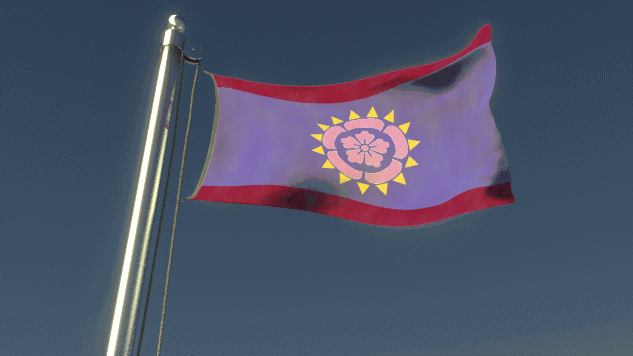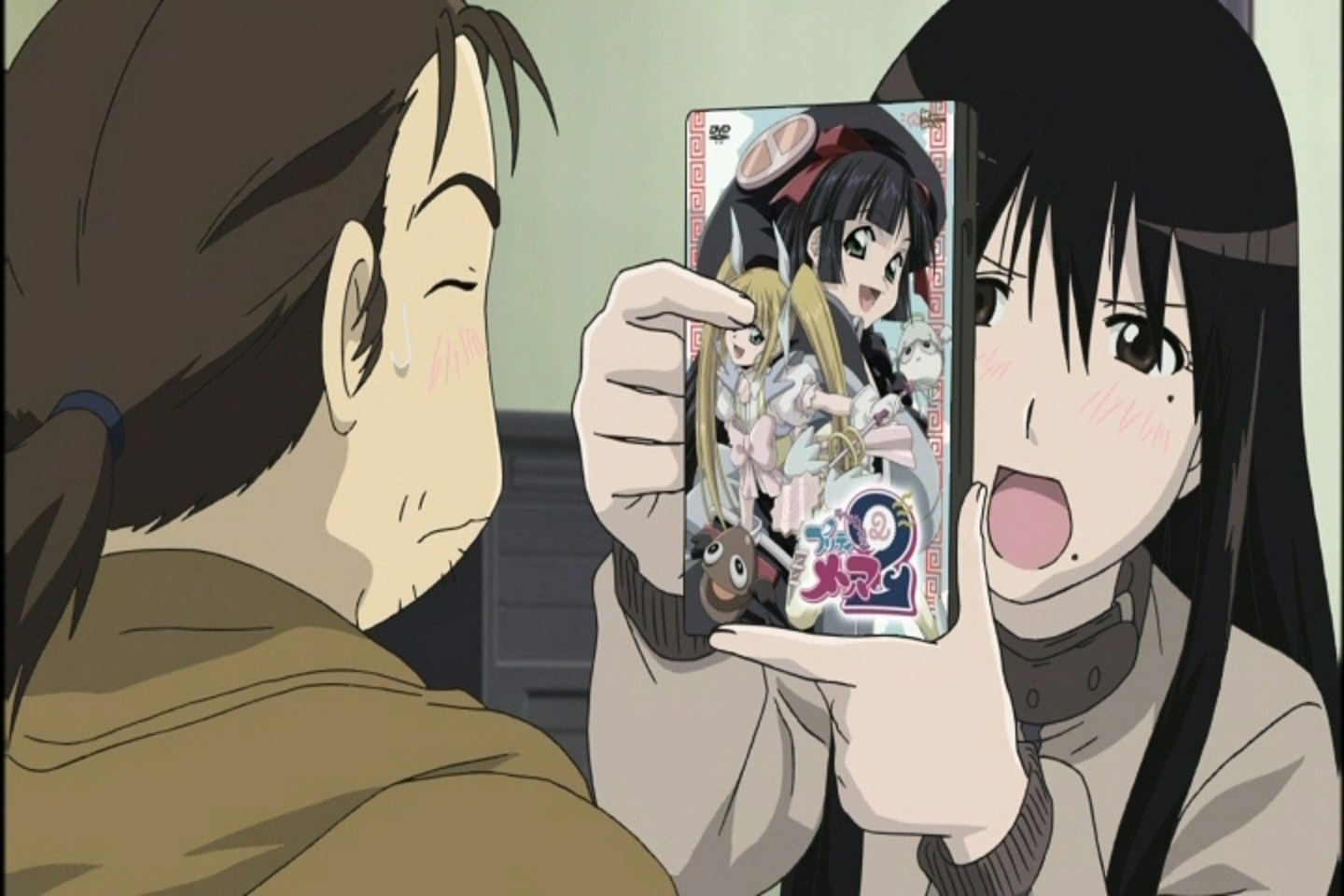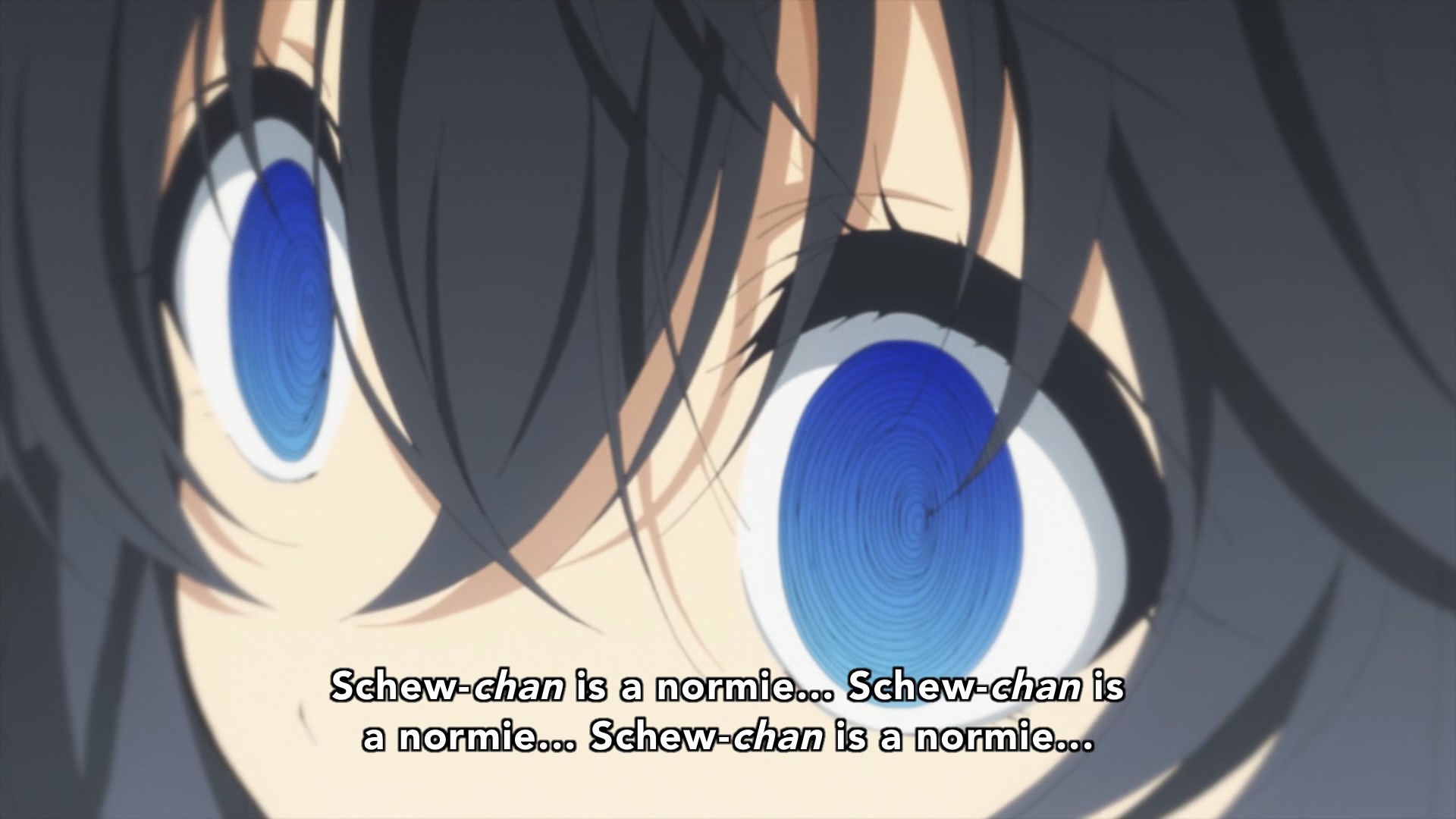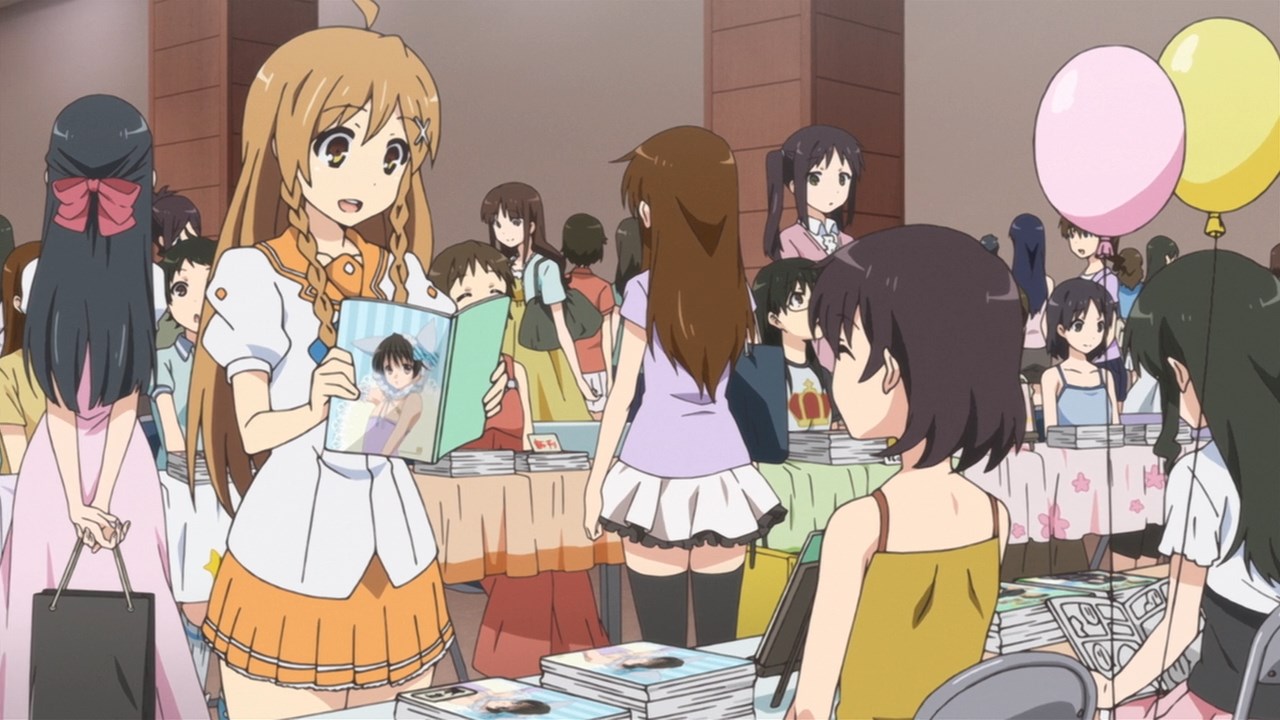When we talk about the “otaku lifestyle” here at Iyashikei, we’re talking about a particular way of living life that allows us to maximize enjoyment. Misconceptions are often had about the way otaku engage with their hobbies, their lives, and the world around them. Many might criticize such a lifestyle as purely indulgent, ignoring what conventional wisdom deems as important in order to watch more cartoons or play more videogames.
Indeed, pure indulgence is ultimately self-destructive, but many on the outside looking in only see “pure indulgence” in what is, in reality, a strategic, principled approach to life that simply holds different values.
Otaku, by their very nature, chase ideals that are fundamentally impossible to perfect. As a figure otaku’s collection grows, they eventually fill up their shelves, only to buy more shelves to fit more figures. Not buying any more figures is not an option. Therefore, counter to stereotypes and conventional wisdom, the otaku lifestyle is meant to be a long-term, sustainable endeavour.
Therefore, it must be principled. These are some of the principles we’ve observed amongst hardcore otaku.
Principle 1:
Our hobbies are important to us.
It begins with us being willing to make the proclamation that our hobbies are important to us. Important enough for us to point out that they’re important to us. This means they’re not just another thing we do. They matter to us in a real way and we’re up-front about that.
Principle 2:
We do not compromise our hobbies to please others.
The guiding mindset behind many otaku, this principle gives us the permission to go all-in, no compromise on the things we love, focusing on personal happiness above all else.
Principle 3:
We are willing to structure our lives around the things that we enjoy.
This doesn’t mean that we sacrifice health, life, and livelihood to afford anime figures or anything like that. We understand that that eventually leads to self-destruction and unhappiness. What this does mean is that we’re willing to do what’s necessary in our lives to live in such a way that maximizes our ability to enjoy our hobbies. This applies to time, finances, and other controllable elements of our lives. This is where the “lifestyle” part of “otaku lifestyle” comes in.
Principle 4:
We are knowledgeable, specialized, and seek to learn.
We value perspective on the things we enjoy and endeavour to expand the breadth and depth of our knowledge, often for no other sake than its own. Knowledge is its own language and sharing it is its own reward. Healthy debate is encouraged as a method of pitting perspectives against one another, but never as a method of antagonism.
Principle 5:
Things that don’t matter to us, don’t matter to us.
Just as we focus our efforts on specialized knowledge about subjects relating to our hobbies, we aren’t necessarily concerned with the cultural knowledge expected of us by outsiders and won’t be harangued into studying subjects we consider useless to us.
Principle 6:
We are focused and disciplined in our fandom.
There is plenty of media standing by for the chance to make us happy, and focusing on the media that upsets us is fundamentally not doing right by the things trying to make our lives better. We value and respect the things we love enough to let them enrich our lives, and we don’t let anything get in the way of that relationship without good reason.
Principle 7:
We value enthusiasm.
We understand that knowledge can be taught, but enthusiasm must be cultivated. Dispassion cannot be allowed to take root, as it only serves to erode the culture. Enthusiasm and passion create an upward spiral that benefits everyone involved. We encourage passion and oppose efforts to stifle enthusiasm about our hobbies.
Principle 8:
We understand the difference between fantasy and reality.
Fantasy doesn’t always reflect reality, and vice-versa. We understand that fantasy and reality are separate, wherever that understanding takes us. We recognize that people have different preferences in media and that those preferences don’t reflect on a person’s character.
Principle 9:
We recognize threats to our culture.
Subcultures face many assailants, from within and from without, from on high and from down low, beguiling and openly hostile. It’s important that we recognize and identify these threats, and insulate our circles from their influence. We recognize also that the enemy of our enemy is not always our friend, and that we alone are responsible for defending our own subculture from those who would do it harm for personal gain.
Principle 10:
We are inviting, accepting, and encouraging of others on the path.
Outcasts seek the company of other outcasts. We understand each other. We understand how the stuff we love enriches our lives and makes us happier, better people. Otaku culture is not only entertaining, it also has valuable life lessons to teach, for those who are receptive to them. Sharing the ways in which visual culture has helped us, inspired us, and made us better is a joy in and of itself, and being with others on that path, able to share our stories, our experiences, our perspectives and opinions, and our passion for the culture makes everything about this subculture that much more profound.







